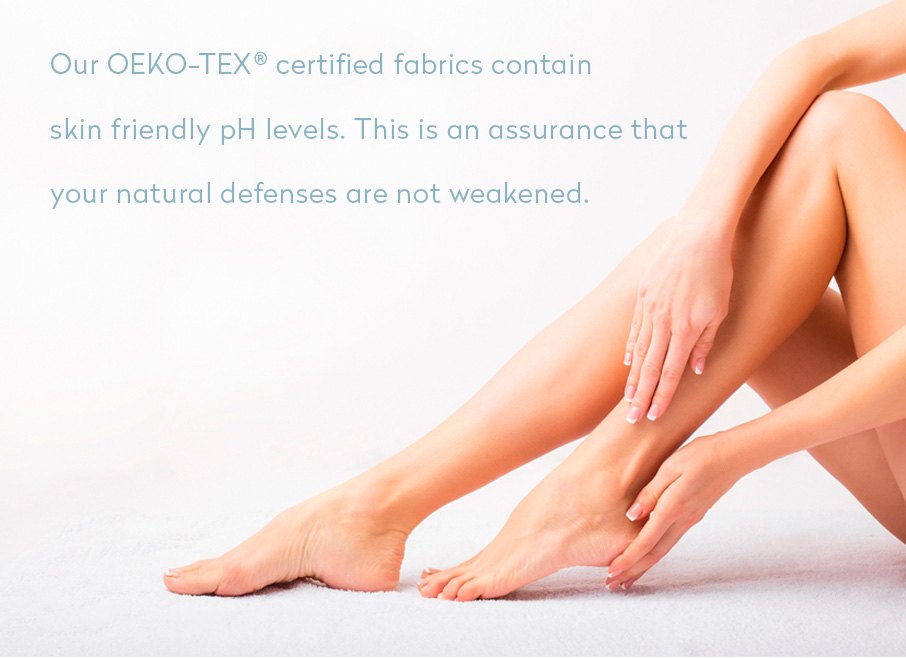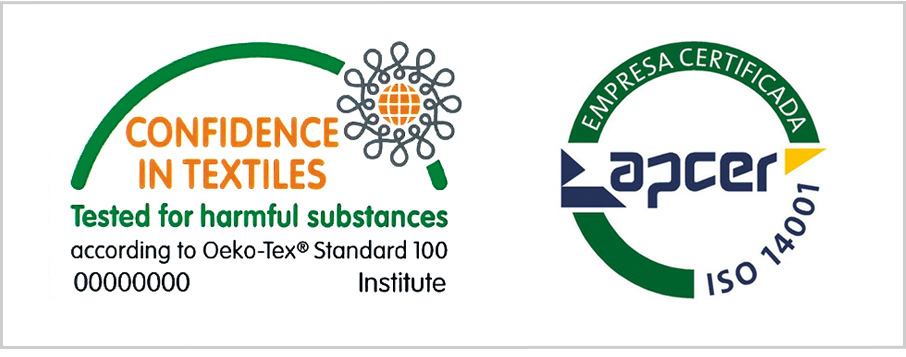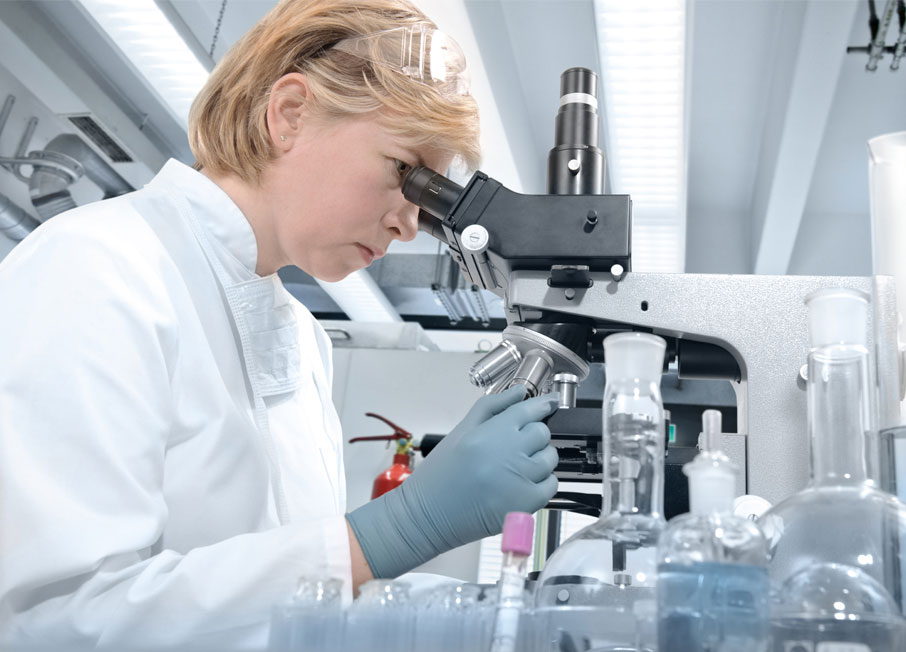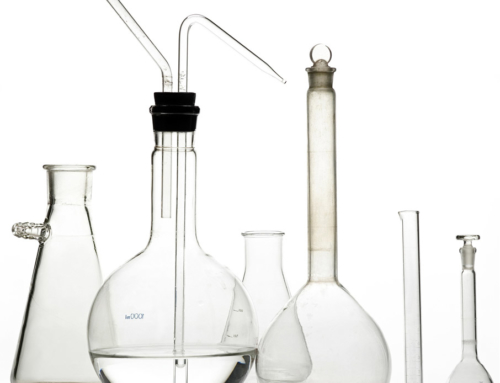A key driving principle for ZayZay Living is sustainability and adherence to the highest, most stringent health and environmental standards. Shockingly, the textile industry is unregulated. As a consequence, many harmful processes are employed during production. This is damaging to workers, the environment, and the consumer. This is why we have chosen to work only with like-minded suppliers and adhere to the highest international standards.
Categories of product certifications
Worldwide, there are 3 categories of product certifications available. The first category is known as First Party Certifications which are often based on unverifiable claims that a product meets some certain criteria. The second category is Second Party Certification which is often based on research data collected by an industry-based association charged with the mandate of testing products and ensuring that they meet a certain standards set and controlled by a group with particular interests. Finally, the last of these certifications is the Third-Party Certifications which are carried out by independent testing companies. This category of certifications is often considered as trustworthy since it offers the utmost level of assurance to all the parties involved. A publicly available set of standards is used as a reference by the testing companies. These companies often base their enquiry on a neutral assessment of a claim/claims by expert unprejudiced sources.

As for the textile industry, OEKO-TEX® and APCER for us are the two transparent certifications which provide a regulated standard for fabric producers to comply with. OEKO-TEX® is a health-based certification which ensures that textile fabrics are properly manufactured to reduce or permanently eliminate any health risk. During the OEKO-TEX® audit, fabrics are tested for the presence of harmful chemicals such as arsenic, lead, antimony, chlorinated phenols, pesticides, and phthalates. In addition, OEKO-TEX® certified fabrics have to contain skin-friendly pH levels. Our skin has a natural PH level with a degree of acidity. This acidity is a vital element for protection against moisture loss, bacteria, and irritation. OEKO-TEX® certified fabrics is an assurance that your natural defences are not weakened.

OEKO-TEX Certification
OEKO-TEX® is an independent testing and certification system for textiles at all stages of production. This system is an annual audit that we use to confirm that our products are held to the highest European standards (which well exceed international standards and requirements). We don’t have to do this but we choose to.
The goal is to test for any harmful substances to humans and encourage ongoing improvement of the overall environmental performance within a company.
In order to be certified by OEKO-TEX® Standard 100 all components of an item must comply with their required criteria, including sewing thread and accessories such as our piping and zippers.

What is APCER Certification?
The ISO-14001 standard is an international reference for the Certification of Environmental Management Systems. It maps out a framework that a company or organization can follow to set up an effective EMS for meeting appropriate legal requirements, preventing pollution and continually improving their environmental performance. A product that is APCER-certified also increases the confidence of its employees, customer, and local communities’ confidence. ISO-14001 gives a clear framework through which organizations can follow the success of their ventures. At the managerial level, organizations are better equipped to incorporate any pressing environmental issues as an achievable strategic objective. This will mean an increased chance at reducing any environmental glitches such as industrial accidents, spills, and emissions. Industries and organizations can also enjoy cost-saving production and efficient waste-treatment strategies which will further lead to minimal waste production.




